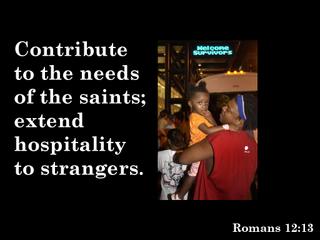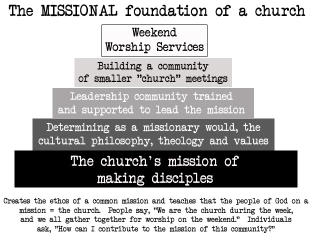
Check out the
transformation journal this week!
Here is a quote I found @
thejourney blog that describe some ingredients needed for community - the reason we need to do hospitality.
"Authentic community is more crazy than cozy, more porcupine than teddy bear. It’s weird and odd and ragged. Archbishop of Canterbury Rowan Williams talks about living in the body of Christ as ‘profoundly hard work.’ We are stuck together with people we may think are ‘dangerously deluded in their belief about what [is] involved in serving Christ. That’s why the church needs to resurrect its relationship rituals of repentance, reconciliation, and forgiveness.
Superhuman feats aren’t leaping tall buildings in a single bound or doing a triple flip on a wakeboard. Superhuman feats are astounding acts of forgiveness, awakening acts of courage, bridging acts of betrayal, overcoming acts of fear, rejecting acts of rejection, releasing acts of love, transcending theological disputes. How can people know that Christ is alive if Christian’s doing love one another? Whenever the phrase ‘peace of Christ’ occurs in the epistle, it does not refer to something inner, but to living in harmony with one another. Consider the world’s view of the church: a place of warehoused anger and theological infighting. The pettiness can be unmatched by anything you find in the world.
Seventh Day Adventist theologian Peter J. Prime proposes that the challenge of the church today is the same as the one facing the church at Ephesus, where Christians ‘loved doctrine at the expense of the doctrine of love.’ Relationships trump principles. The early church confounded the world with better relationships: ‘Look how they love one another.’ Jesus taught that everyone would know by the church’s love for one another that he had been sent..."
Source: Out of the Question by Leonard Sweet, p. 116.



